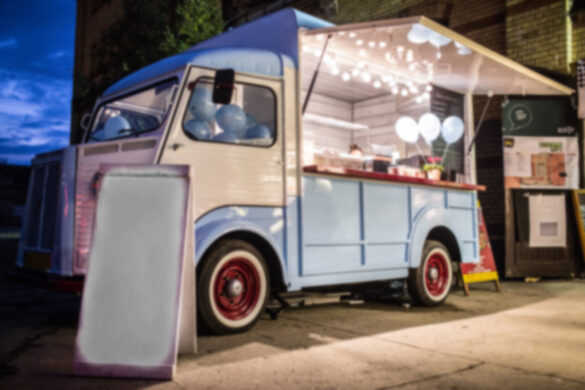 When people talk about what makes a business successful, they usually mention the product or the people running it. What doesn’t get talked about enough is the actual space the business uses. Offices, shops, and warehouses might not sound exciting, but they shape how a business works every single day. The right space makes everything easier. The wrong one just creates problems.
When people talk about what makes a business successful, they usually mention the product or the people running it. What doesn’t get talked about enough is the actual space the business uses. Offices, shops, and warehouses might not sound exciting, but they shape how a business works every single day. The right space makes everything easier. The wrong one just creates problems.
Offices: More Than Just a Room with Desks
An office isn’t just a place where people sit at computers. It’s where teams meet, share ideas, and actually get things done together. The way an office is set up matters a lot. If it’s open and easy to move around, people can collaborate. If there are private areas, people can focus without distractions.
Location is just as important as layout. If the office is near train stations or bus stops, commuting is less of a headache. Being close to clients, banks, or even food spots also makes daily work easier. Some companies go for co-working spaces because they’re flexible. Bigger teams often need their own dedicated space.
Plenty of companies still see value in having a proper office. Services like Savills Office Rental help businesses find setups that actually fit their needs. Having a good office isn’t just about convenience—it also makes a company look professional when meeting clients or partners.
Shops: Where Businesses Meet People
For businesses that need customers walking in, shops are everything. A spot on a busy street or in a popular mall will always do better than a space hidden away. Foot traffic is what makes or breaks a retail business.
The layout of the shop matters too. Customers should be able to walk around comfortably. Cafés need enough seating without feeling cramped. Clothing stores need fitting rooms and displays that are easy to browse. A well-arranged shop feels welcoming, and people are more likely to stick around and buy something.
Yes, prime locations are more expensive, but they usually pay off through higher sales. Smaller shops often look for neighborhoods or markets where rent is lower but there’s still a steady flow of people.
Warehouses and Industrial Spaces
Not every business runs out of an office or a shop. Many rely on warehouses, factories, or logistics centers to keep things moving. Customers might not see these spaces, but they’re often the backbone of how a business operates.
Most industrial spaces are built outside city centers, close to highways, ports, or airports, so goods can move quickly. For online stores, having the right warehouse means faster deliveries. For manufacturers, enough room for machinery and storage keeps production steady without interruptions.
From storing everyday products to housing specialized facilities for food or electronics, industrial properties keep businesses running smoothly in the background.
How Space Affects People
The workspace a business chooses doesn’t just affect customers—it has a big impact on employees too. A cramped, noisy office can make people frustrated. A shop that’s laid out badly makes it harder for staff to serve customers. A warehouse without proper organization can slow workers down.
But when the space actually fits the work, everything feels easier. Teams communicate better, people feel less stressed, and the whole business runs more smoothly.
Cheap Isn’t Always Better
It’s easy to focus on saving money, but the cheapest rental often causes the most problems. An office that’s far from public transport makes it harder to hire and keep staff. A shop in a quiet location may not see enough customers. A warehouse in the wrong spot can mean late deliveries and higher transport costs.
Spending a little more for the right location usually pays off. A central office can help attract talent. A shop in a busy district can bring in more sales. An industrial property near major routes can cut logistics costs. The value isn’t just in the rent—it’s in how well the space supports the business.
Think About the Future
One mistake businesses make is renting a space that only works for their current size. As they grow, the space quickly becomes too small. Moving often is expensive and disruptive.
It’s smarter to plan ahead. Can the office fit more people if the team grows? Can the shop handle more customers during peak times? Is the warehouse big enough for extra stock if demand increases? Choosing with growth in mind saves time and money later.
Pay Attention to the Lease
Every rental comes with a contract, and the details matter. Some leases are flexible. Others come with strict rules about what type of business can operate, who pays for maintenance, or how long you’re locked in.
If a business signs a lease without reading carefully, it can get stuck in a space that no longer works. A flexible lease, on the other hand, gives room to adapt as things change.
Wrapping It Up
The workspace a business picks shapes how everything runs. Offices give structure and teamwork. Shops create direct connections with customers. Warehouses and industrial spaces keep the background operations steady.
Choosing carefully makes employees happier, keeps operations smooth, and supports long-term growth. It’s not just about finding something cheap. It’s about finding a space that works now and still makes sense in the future.








